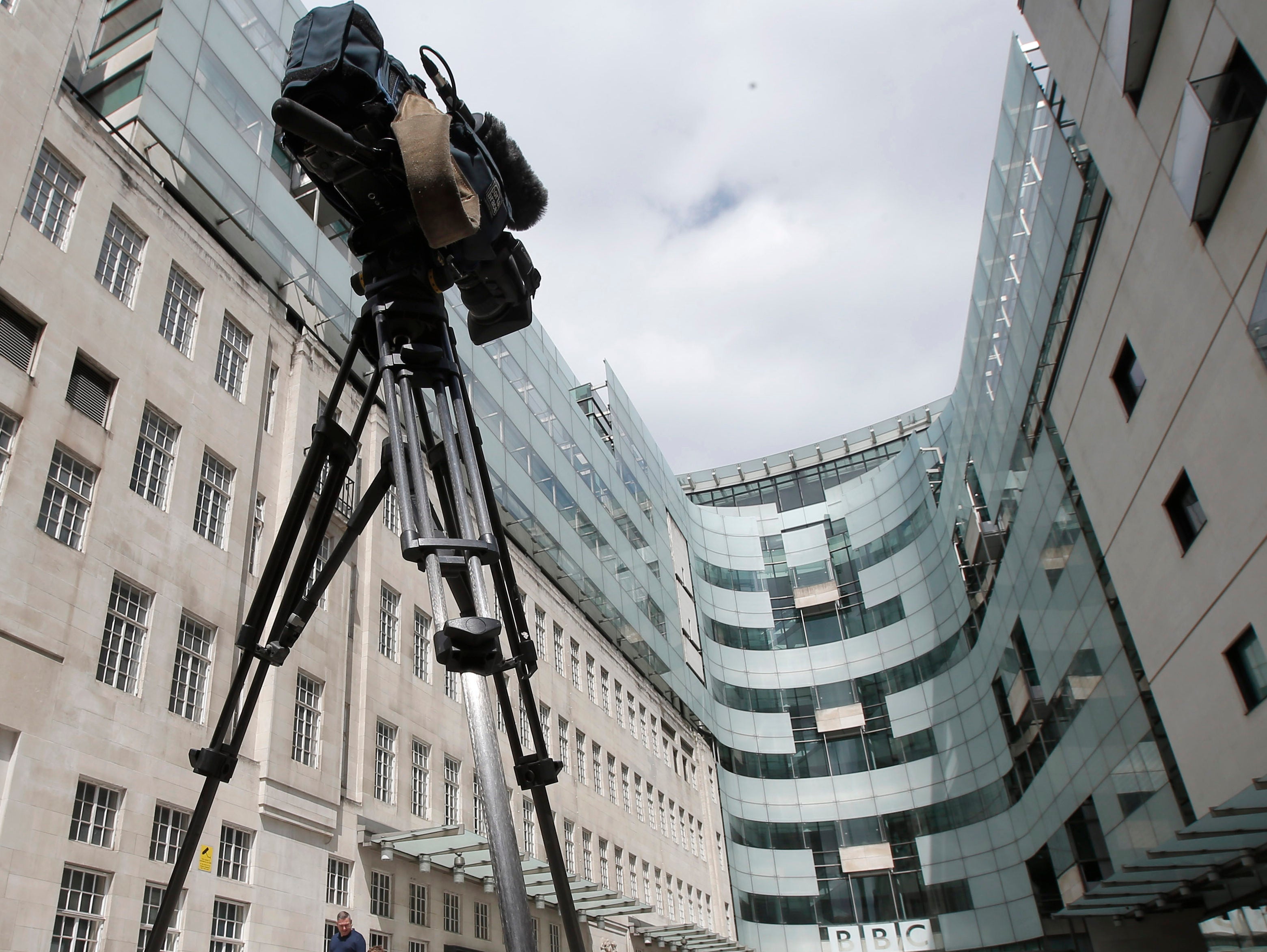
Ofcom has ruled the controversial use of the N-word in a BBC news report last summer was “unjustified”.
But the regulator decided not to take any action over the incident, saying that even though the BBC initially defended the decision it was satisfied by the subsequent apology from then director-general Tony Hall.
Ofcom said the inclusion of the highly racially offensive language “had the potential to cause very high levels of offence which was not justified by the context”.
More than 18,000 people complained to the BBC after social affairs correspondent Fiona Lamdin repeated a racial slur allegedly used in a suspected racially motivated attack in Bristol.
Lamdin told viewers: “Just to warn you, you are about to hear highly offensive language. Because as the men ran away they hurled racial abuse, calling him a n*****.”
The report containing the offensive language ran on local news programme Points West twice on 28 July and on the BBC News Channel the next day, but the broadcaster then stopped running it later that day.
A warning ahead of the News Channel broadcast said: “Our correspondent Fiona Lamdin has been following this shocking incident and I should warn you that the report contains pictures of the victim’s injuries and offensive racist language.”
Ofcom itself directly received 878 complaints, which it referred to the BBC, saying the broadcasts were “highly offensive”, “unacceptable”, “an absolute disgrace”, and that “the N-word is not something to be used, ever, by people who are not black”. Many said the report should have used the phrase “N-word” rather than the word in full.
The BBC initially defended the use of the word, explaining that the victim’s family were “anxious” the attack was seen and understood by the public including by letting them hear the racist language alleged to have been used.
It said: “…in this specific context we felt the need to explain, and report, not just the injuries but, given their alleged extreme nature, the words alleged to have been used – a position which, as we have said, was supported by the family and the victim.”
However after the backlash continued, including in the resignation of a BBC Radio 1xtra presenter who said the events felt like a “slap in the face to our community”, then-director-general Lord Hall apologised and said it was “important for us to listen – and also to learn”.
The BBC’s executive complaints unit did not investigate the complaints but wrote to complainants to reiterate Lord Hall’s comments and promising the broadcaster’s diversity and inclusion team was carrying out work on the use of offensive language.
The BBC also introduced a mandatory referral to Heads of Divisions for all decisions about the use of racist language.
Ofcom said the “already very high potential for offence” from the inclusion of the language was likely to have been compounded by the fact it was used by a white reporter – a factor highlighted by many of the complaints.
The regulator noted that viewers of the programmes were not told of the family’s wish the BBC “should report the racist language, in full” or that this was part of the editorial decision process – but said this still may not have been enough to justify its use.
Ofcom also said that despite the clear public interest in reporting the facts of the case, viewers would have been unlikely to expect the full use of the “N-word”, even with the clear warnings given.
“In this instance, it is therefore Ofcom’s view that the very high potential for offence in the specific wording which was included in these broadcasts was not justified by the context,” the regulator said.
Picture: Reuters
Email pged@pressgazette.co.uk to point out mistakes, provide story tips or send in a letter for publication on our "Letters Page" blog
